A new report by the United Nations Economic Commission for Europe (UNECE) underscores the ongoing affordable housing crisis across Europe, especially for low- and middle-income households. The report highlights that more than one-third of households in the lower 40% of income distribution experience housing stress, with many spending over 45% of their income on housing, far exceeding the recommended 30% benchmark.
In countries like Estonia, France, Iceland, Italy, Romania, and Serbia, households under the poverty line face even more severe housing costs, with some spending up to 80% of their income on housing. The report emphasizes that this burden disproportionately affects vulnerable groups such as immigrants, young families, older persons, and single-parent households.
The report identifies key challenges such as housing supply shortages, income growth lagging behind inflation, and rising rental and ownership costs, particularly in urban areas. These factors drive people into substandard living conditions or homelessness. UNECE urges governments to make affordable housing a priority, recommending policy reforms, increased financial support, sustainable construction, and improved data monitoring to ensure inclusive housing solutions.
Examples of best practices include Vienna’s zoning regulations for subsidized housing, Latvia’s Housing Guarantee Programme, and initiatives in Podgorica and the Basque Country, all of which aim to enhance housing affordability and support those most in need. The report also points to the success of the U.S. federal tax credits for affordable rental housing, which ensures affordability for low-income families.
The full report can be seen here.



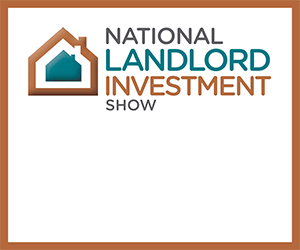




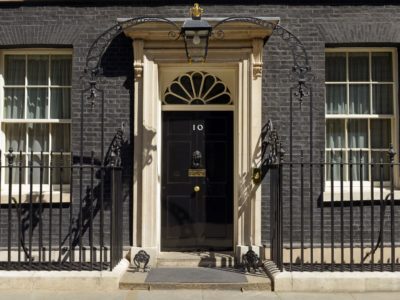
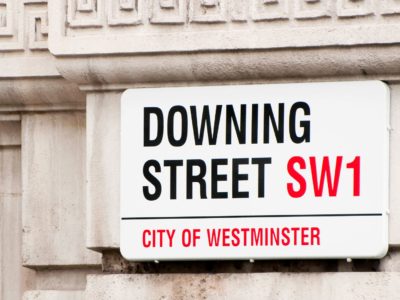
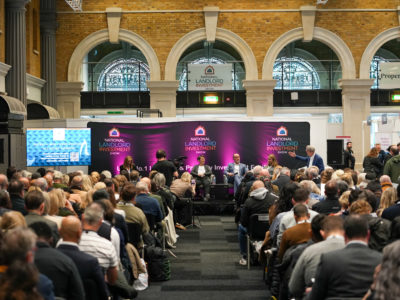
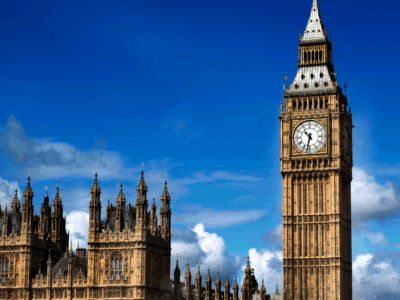
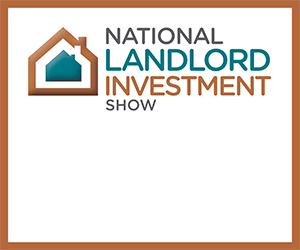




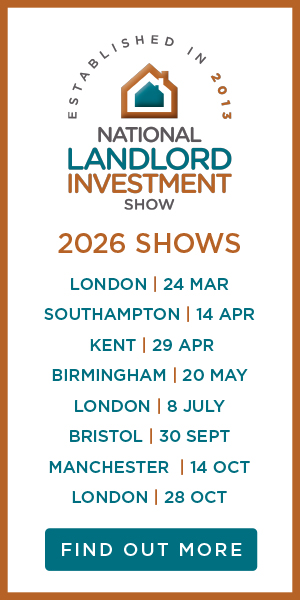

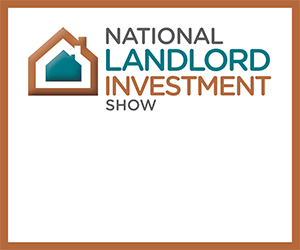
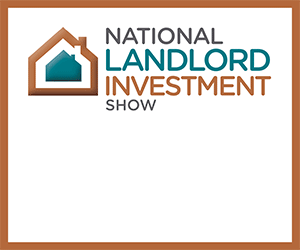


Comments